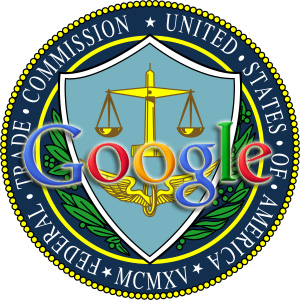Charge Internet Giant Violated “Buzz Consent Agreement” and FTC Act
SANTA MONICA, CA – Consumer Watchdog and Privacy Rights Clearinghouse have filed a complaint with the Federal Trade Commission charging that Google violated the law and an earlier consent agreement when it forced a change in its privacy policy on users in a highly deceptive manner, without meaningful notice and consent.










